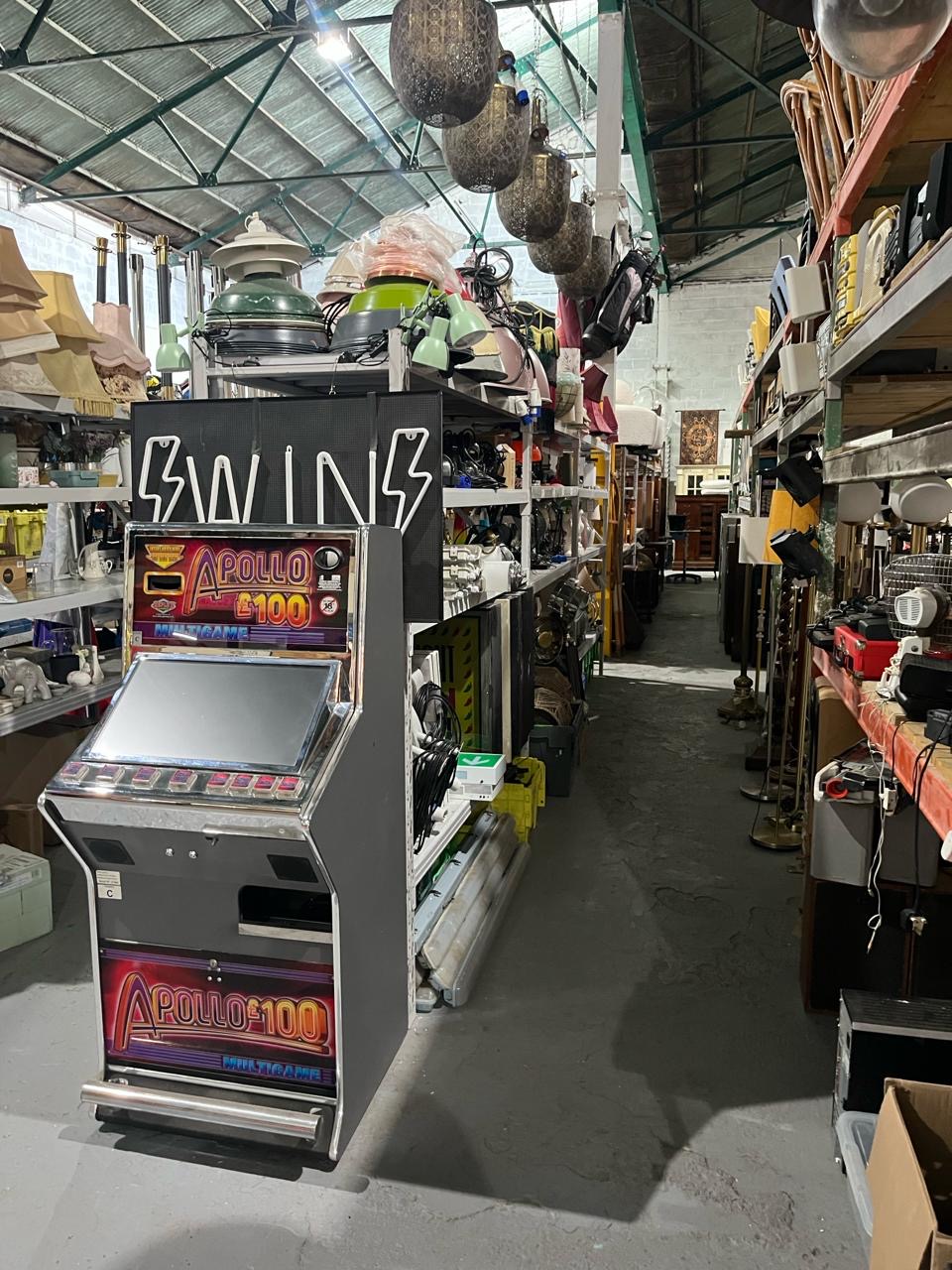
Culture
A guide to all 27 Grade I Listed Buildings in Liverpool
2 years ago
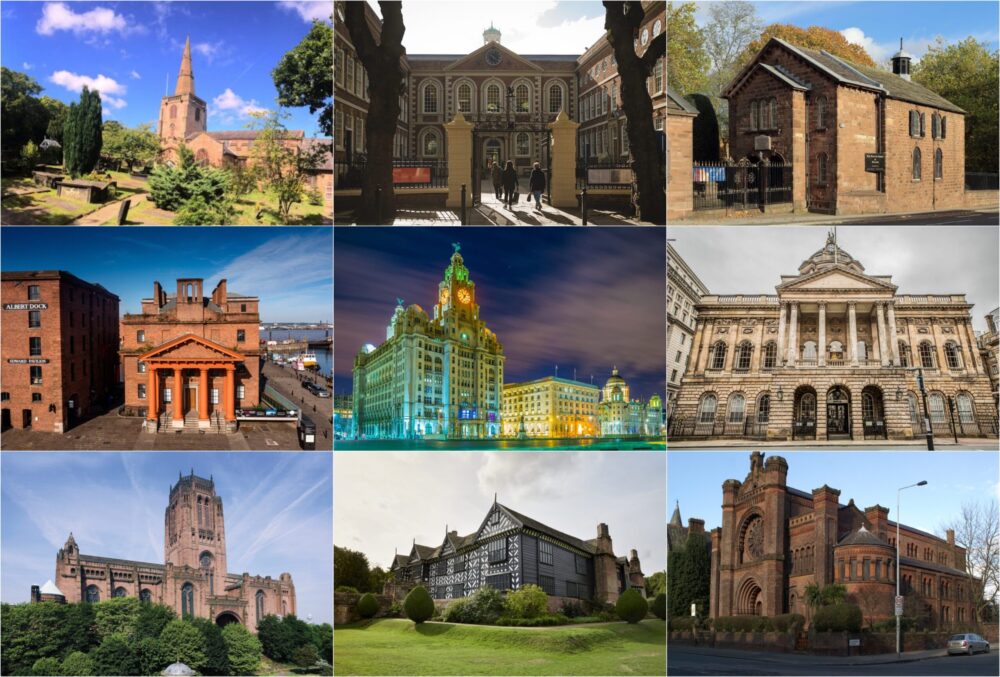
Merseyside has 40 buildings safeguarded under the highest level of protection by Historic England, classified as Grade I.
There’s 27 Grade I Listed Buildings in Liverpool alone, from historic churches to iconic landmarks.
Whether you’re a history buff, an architecture enthusiast, or simply curious about Liverpool’s landmarks, let’s take a look at some of the city’s most beautiful buildings.
Albert Dock Traffic Office
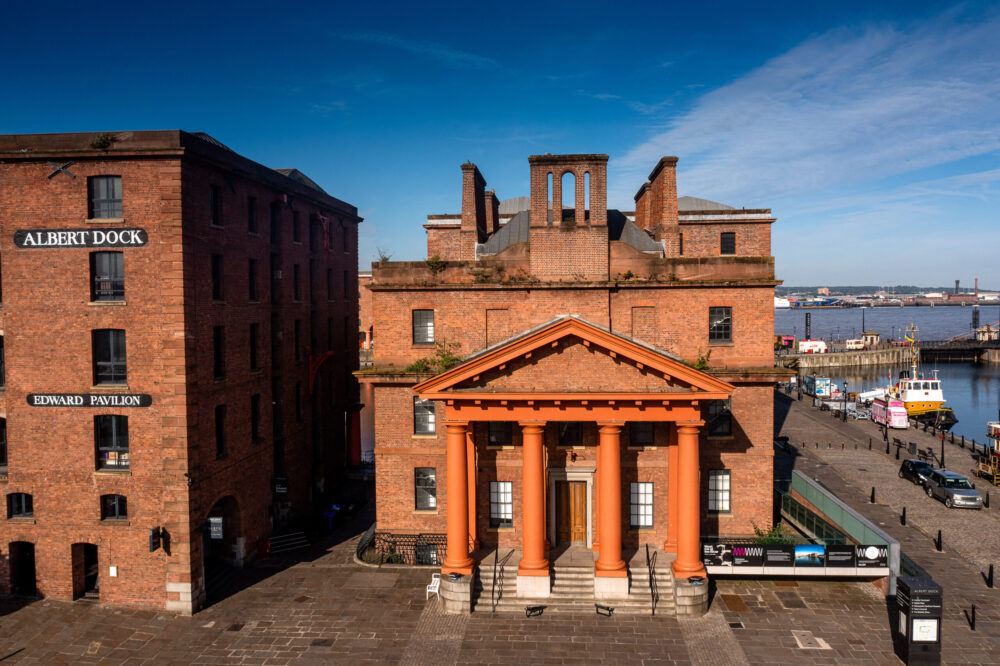
Originally serving as the nerve centre of activity in the bustling Albert Dock complex, it was closed shortly after World War II. During the 1980s it was refurbished and was occupied by Granada Television.
In 2008 it became a part of National Museums Liverpool’s International Slavery Museum. It is now known as the Dr Martin Luther King Jr building.
All Saints Church, Childwall

Dating back to the 14th century, All Saints Church in Childwall is renowned for its stunning medieval architecture, including intricate carvings and a beautifully preserved interior.
Anglican Cathedral Church of Christ
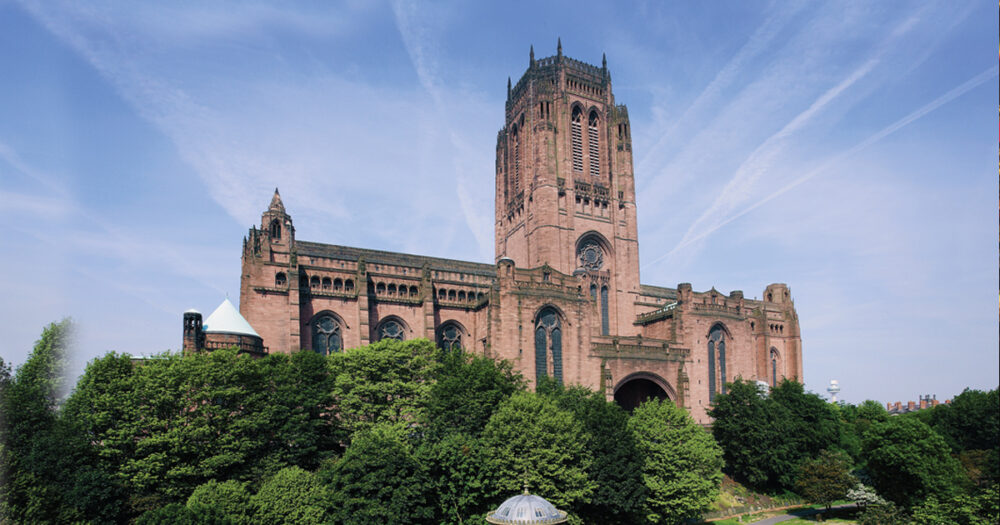
A masterpiece of Gothic Revival architecture, Liverpool’s Anglican Cathedral is one of the largest cathedrals in the world.
Designed by architect Giles Gilbert Scott, who is also famous for designing the iconic red telephone box.
Bank of England Building
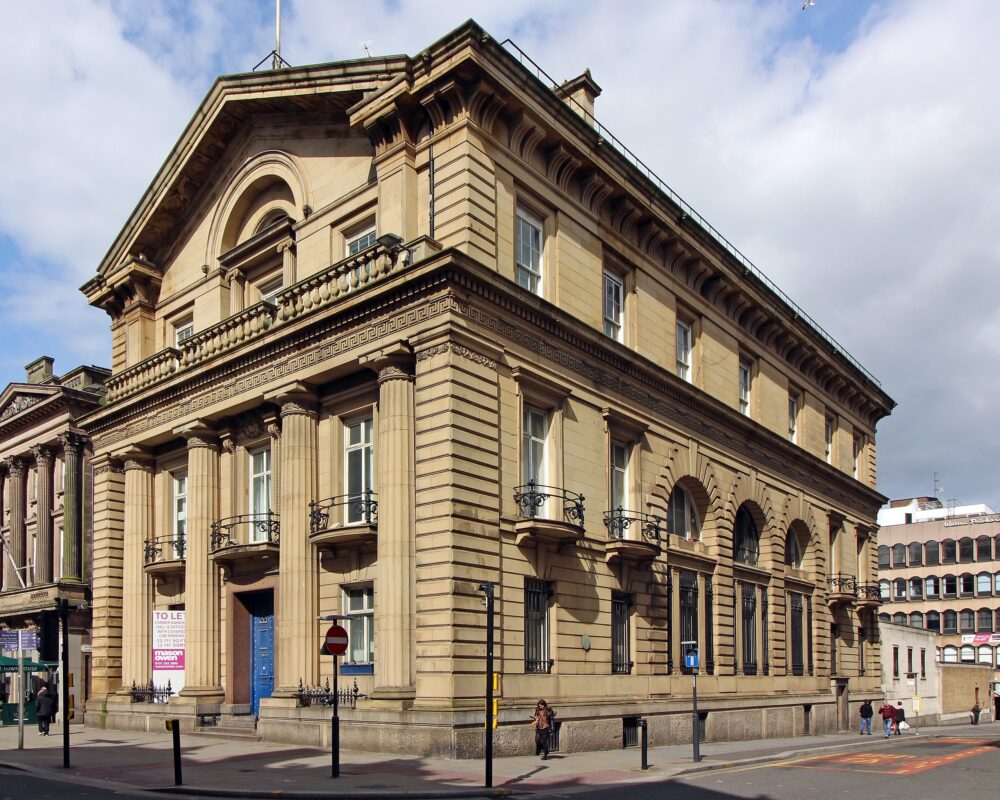
This elegant neoclassical building served as the regional headquarters of the Bank of England and is characterised by its grand columns, ornate detailing, and imposing facade.
The old bank on Castle Street was built between 1845 and 1848.
Bluecoat Chambers
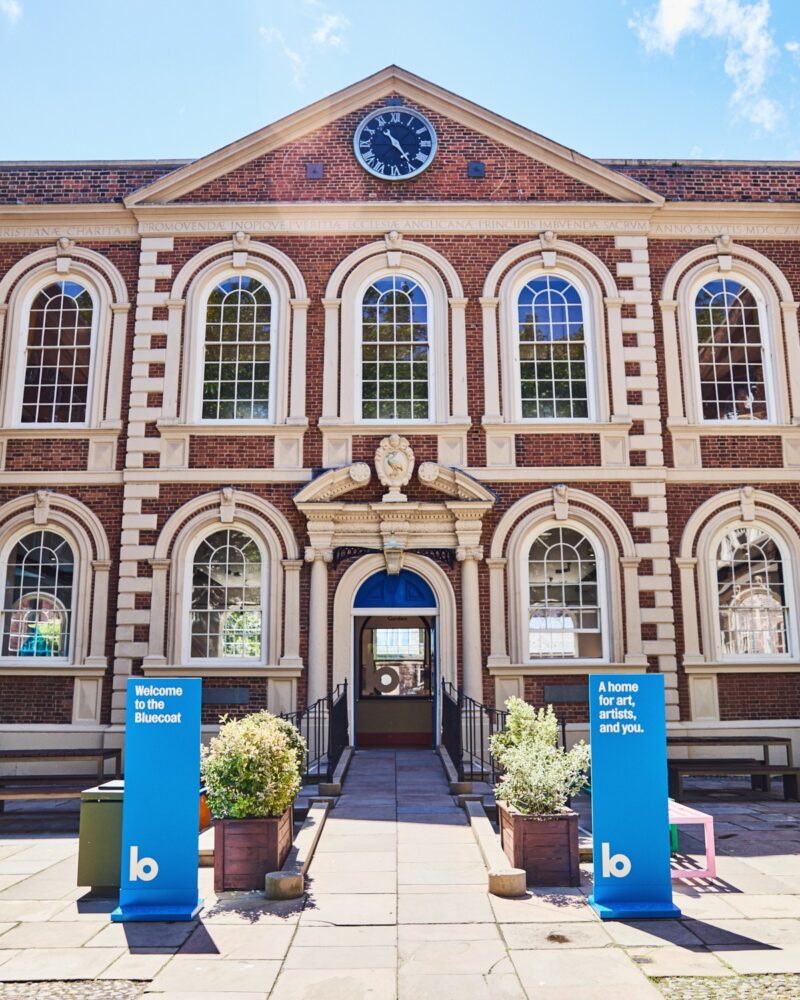
As Liverpool’s oldest surviving building in the city centre, Bluecoat Chambers is a testament to the city’s rich architectural history and now serves as a vibrant arts centre.
The building dates back to 1716, it was originally a charity school.
Church of All Hallows, Allerton
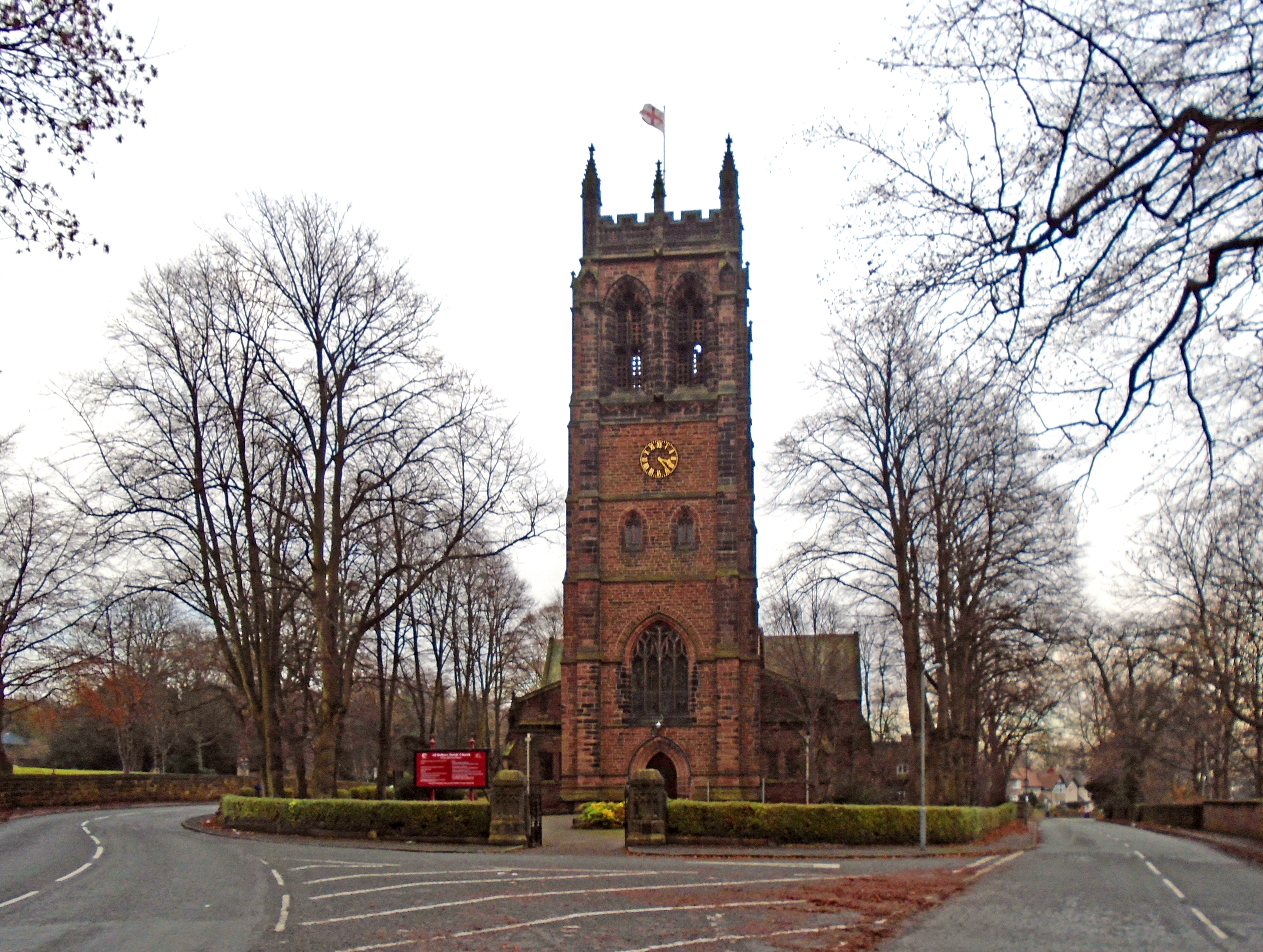
A charming parish church dating back to the 19th century, All Hallows Church in Allerton boasts stunning stained glass windows and a peaceful atmosphere.
During the Second World War, the stained glass of the church was relocated to Slaidburn for safekeeping, temporarily substituted with plain glass. This was destroyed during the war and the stained glass was retuned in 1946.
Church of St Clare
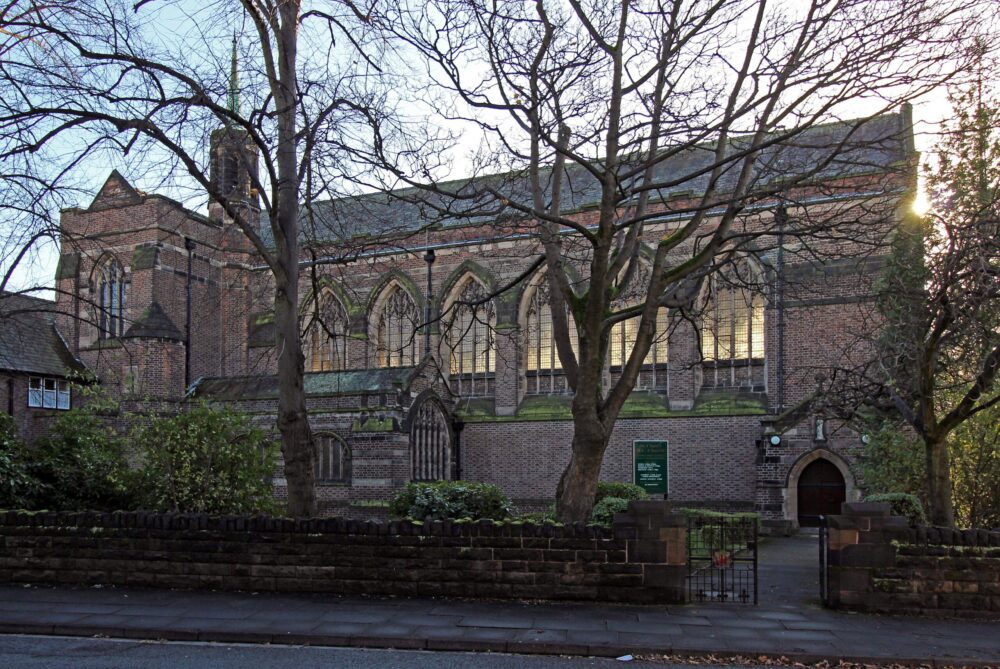
Located in the picturesque suburb of Sefton Park, the Church of St Clare is the only Grade I listed Roman Catholic church in the Archdiocese of Liverpool.
Church of St George
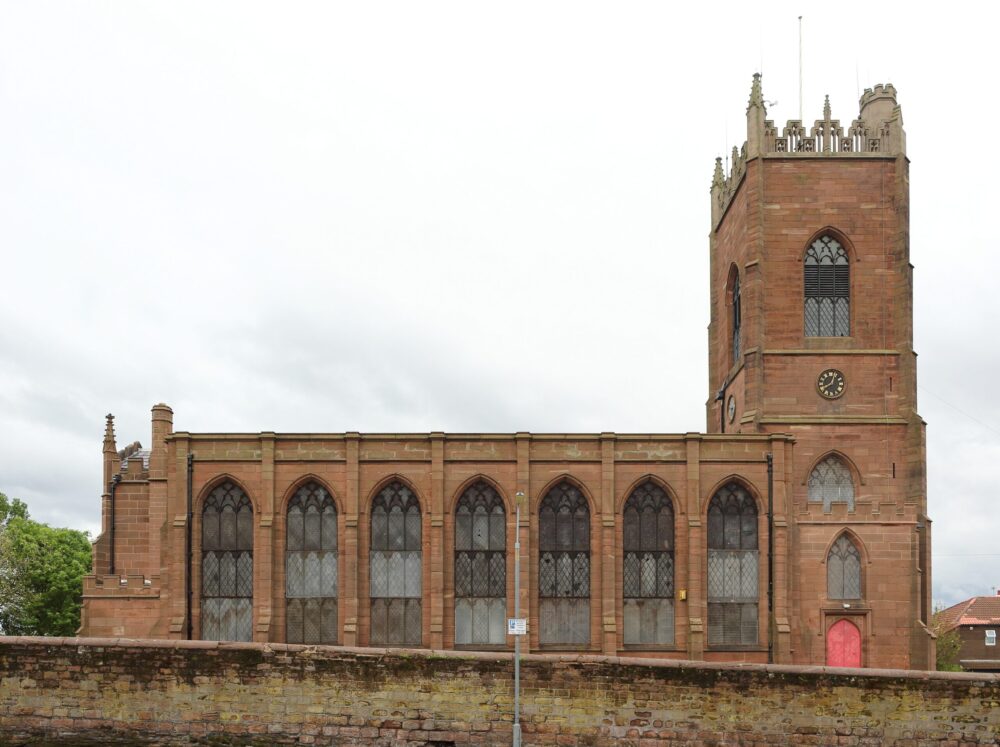
This historic church in Everton is renowned for its impressive Gothic architecture and houses a collection of beautiful stained glass windows and ornate furnishings.
Church of St John Baptist
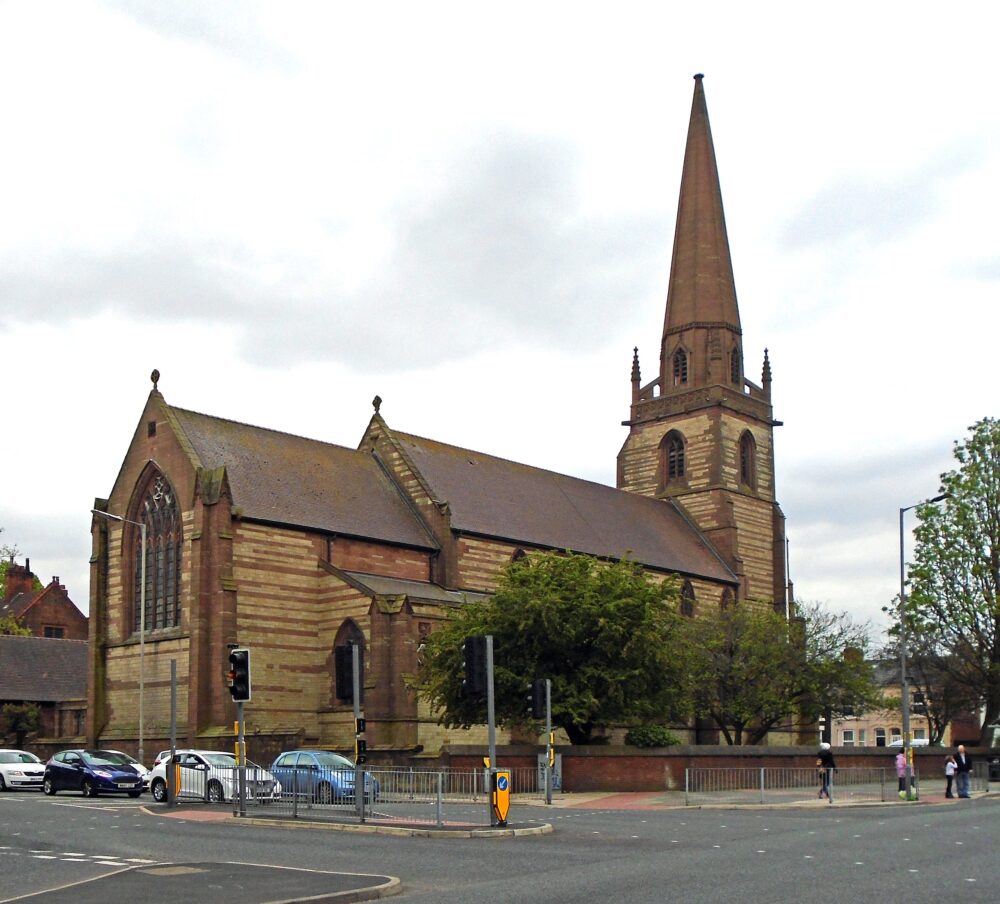
Dating back to the 19th century, the Church of St John Baptist in Tuebrook is a stunning example of Victorian Gothic architecture, featuring intricate stonework and a majestic spire.
Church of St. Agnes and St. Pancras, Toxteth Park
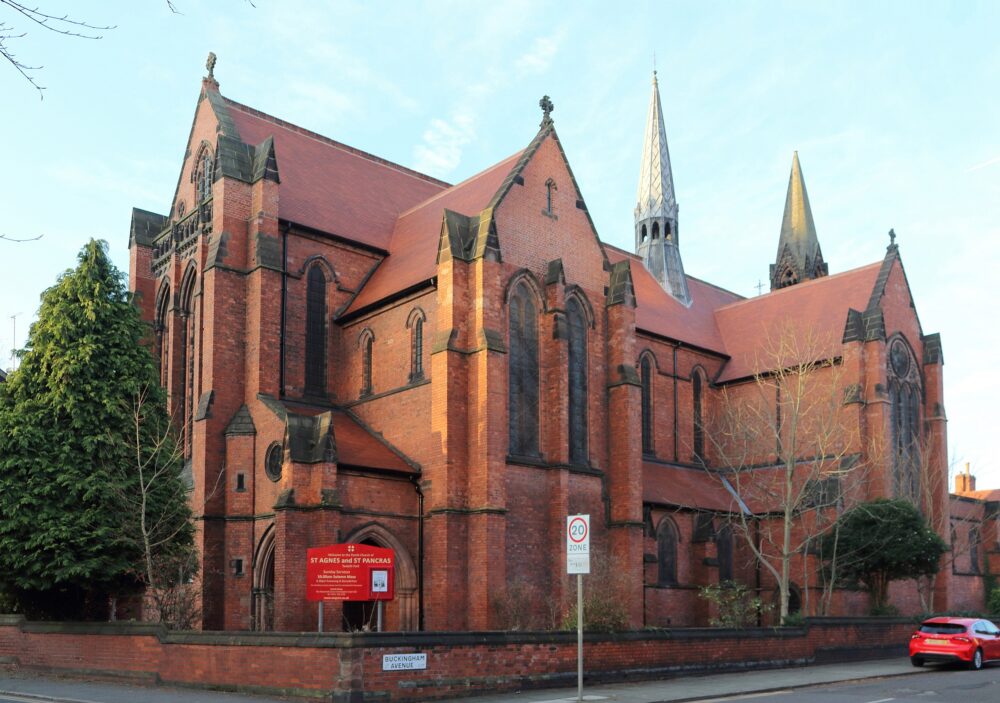
Nestled in the heart of Toxteth Park, this charming church has been described, by architect historian Nikolaus Pevsner, as “by far the most beautiful Victorian church of Liverpool…an epitome of Late Victorian nobility in church design.”
Oriel Chambers
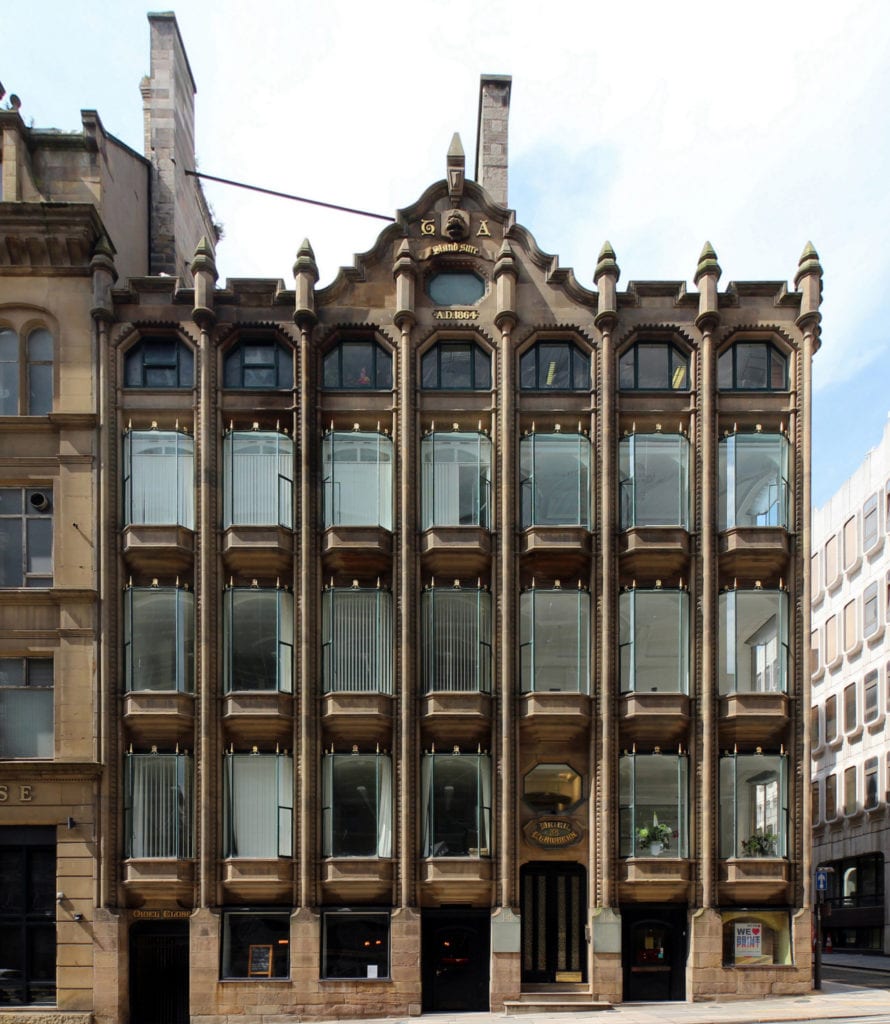
Designed by architect Peter Ellis in the 19th century, Oriel Chambers is a pioneering example of modern architecture, featuring a striking facade of cast iron and glass.
This landmark structure was the pioneer in using a metal-framed glass curtain wall, setting a precedent that has since shaped the design of skyscrapers worldwide.
Princes Road Synagogue, Liverpool
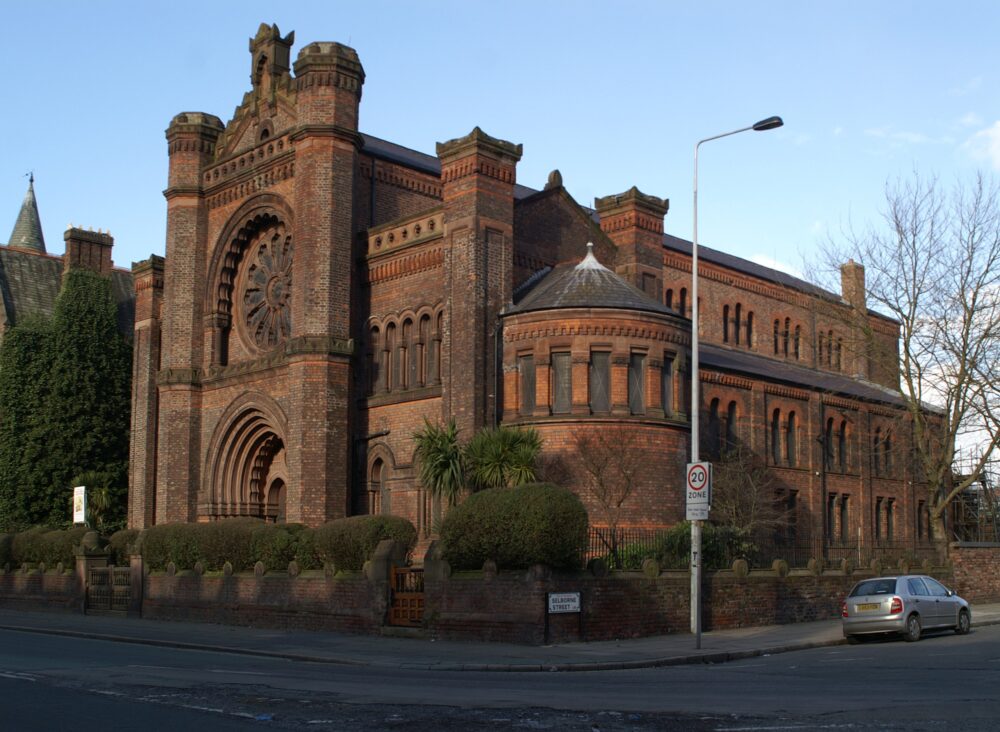
Princes Road Synagogue is one of the finest examples of Victorian architecture in Liverpool. Built as Liverpool’s Jewish community decided a new synagogue was needed that mirrored their community’s prosperity and influence.
During this period, the Toxteth area experienced rapid growth, marked by the construction of lavish mansions by Liverpool’s elites.
Railings Gates and Gate Piers Old Bluecoat School, Liverpool
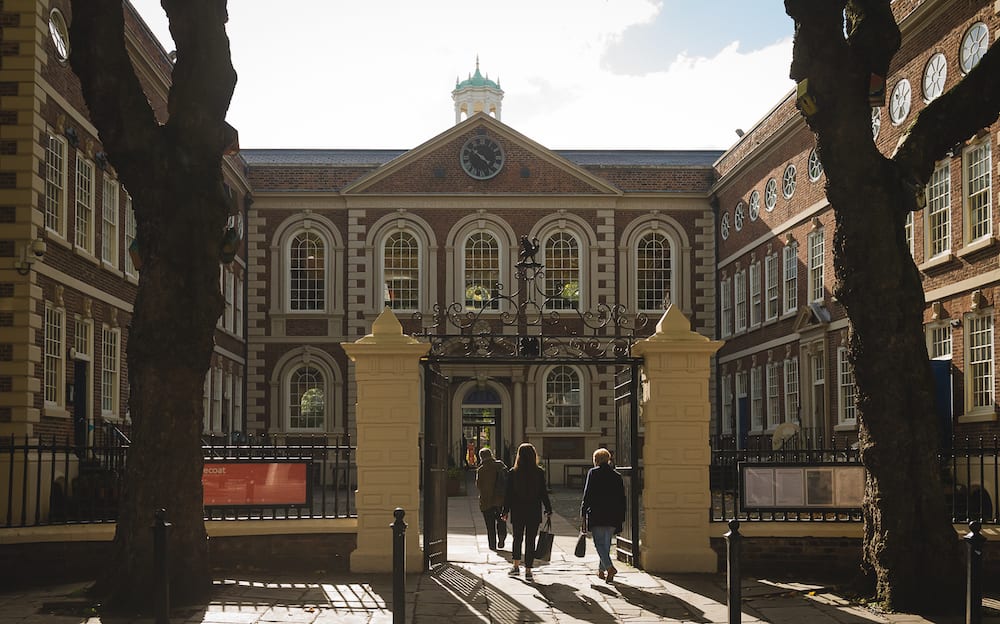
These historic railings, gates, and gate piers surrounding the Bluecoat are also listed as a Grade .
The Low brick wall, was built c.1716, with iron railings, and gates with decorative wrought iron cresting, stone gate piers with panelled rustication, entablatures and pyramidal caps.
Royal Liver Building, Iron Railings and Stone Piers Surrounding Royal Liver Building
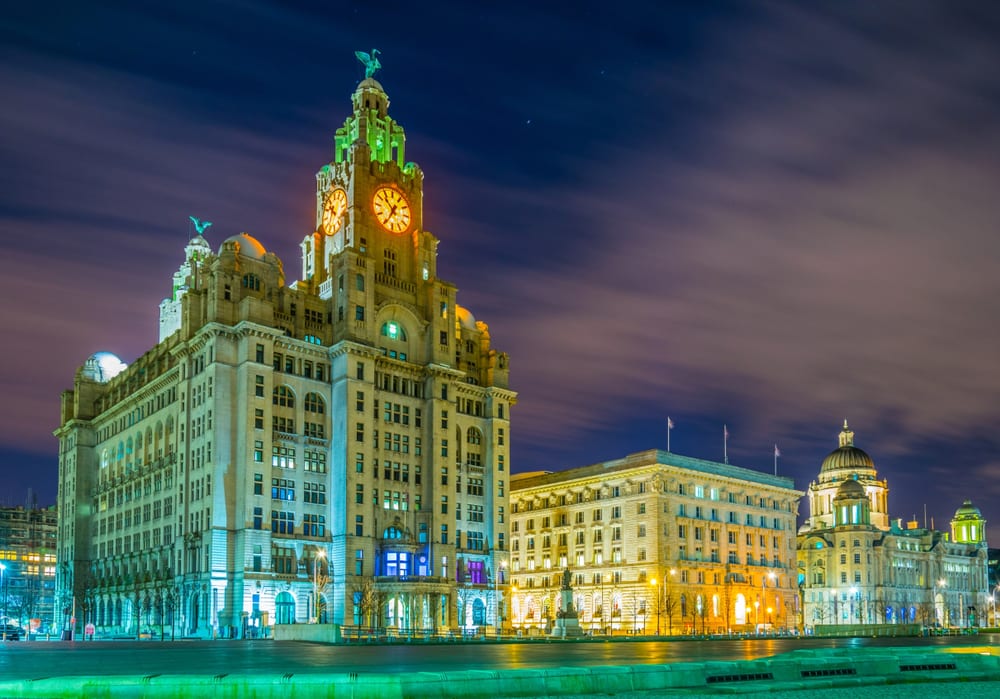
Nothing says Liverpool like The Royal Liver Building, the iconic landmark that welcomes the city’s visitors and stands proudly on our famous waterfront.
One of The Three Graces – alongside the Cunard Building and Port of Liverpool Building – The Royal Liver Building is a global symbol, recognised instantly as it rises majestically from within the well-known skyline silhouette.
Even the iron railings and stone piers that surround the building are listed.
Speke Hall
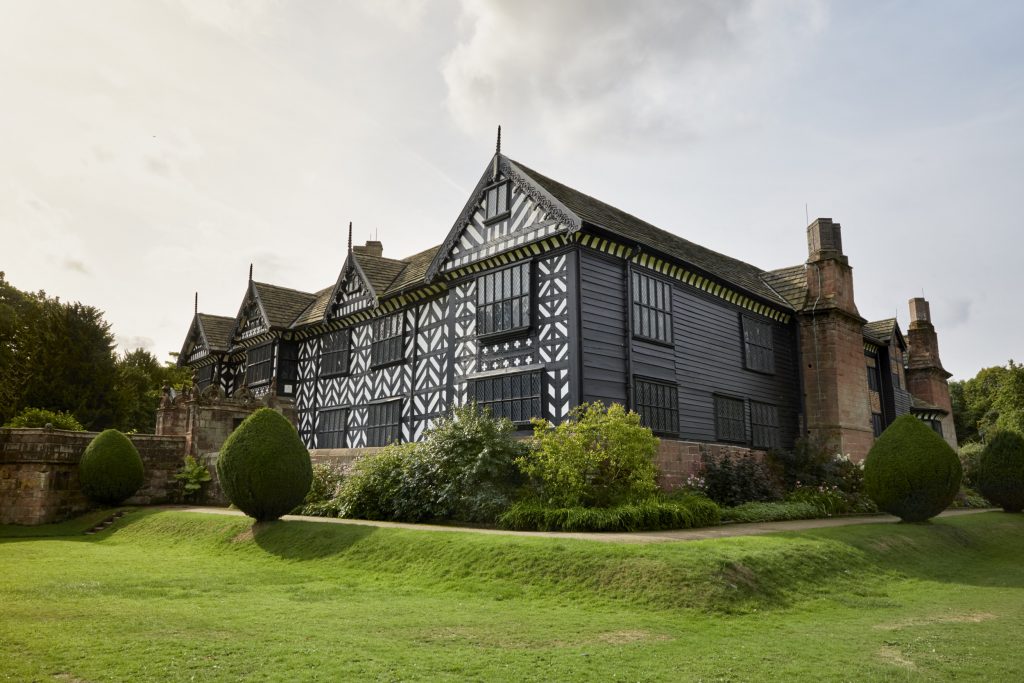
Speke Hall is one of the most well-known buildings in Liverpool, and the black and white Tudor mansion is one of the most visited too.
It’s an outstanding example of a timber-framed courtyard house and took its present shape in the 16th century under the ownership of Sir William Norris and his grandson, also Sir William.
Now owned by the National Trust, Speke Hall is a popular tourist attraction and boasts a fascinating history.
St George’s Hall
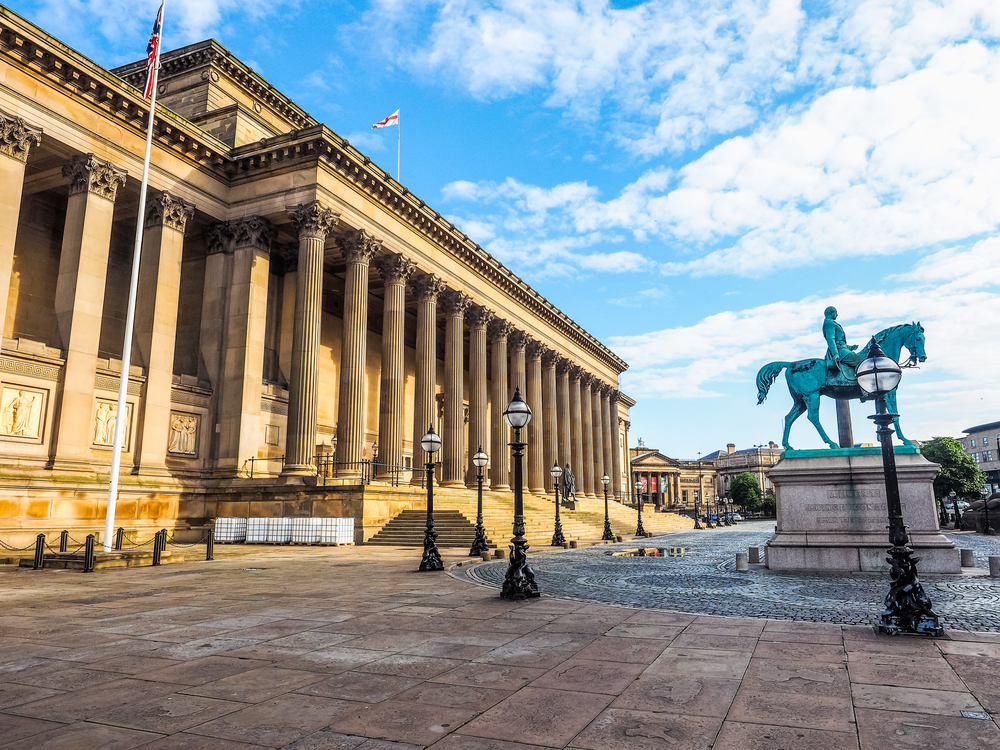
Widely regarded as one of the finest examples of neoclassical architecture in Europe, St George’s Hall is adorned with impressive columns, statues, and a stunning concert hall.
St Michael’s Church, Aigburth
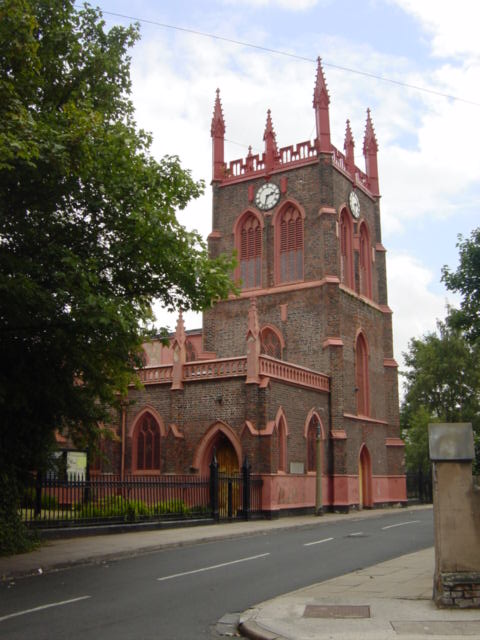
Dating back to the 19th century, St Michael’s Church in Aigburth is known for its striking Gothic architecture.
The church was built by John Cragg, the owner of the Mersey Iron Foundry, at his own expense. It contains a lot of cast iron in its structure. National Heritage List for England states it has “one of the earliest and most thorough uses of industrial materials in a major building”.
The Oratory
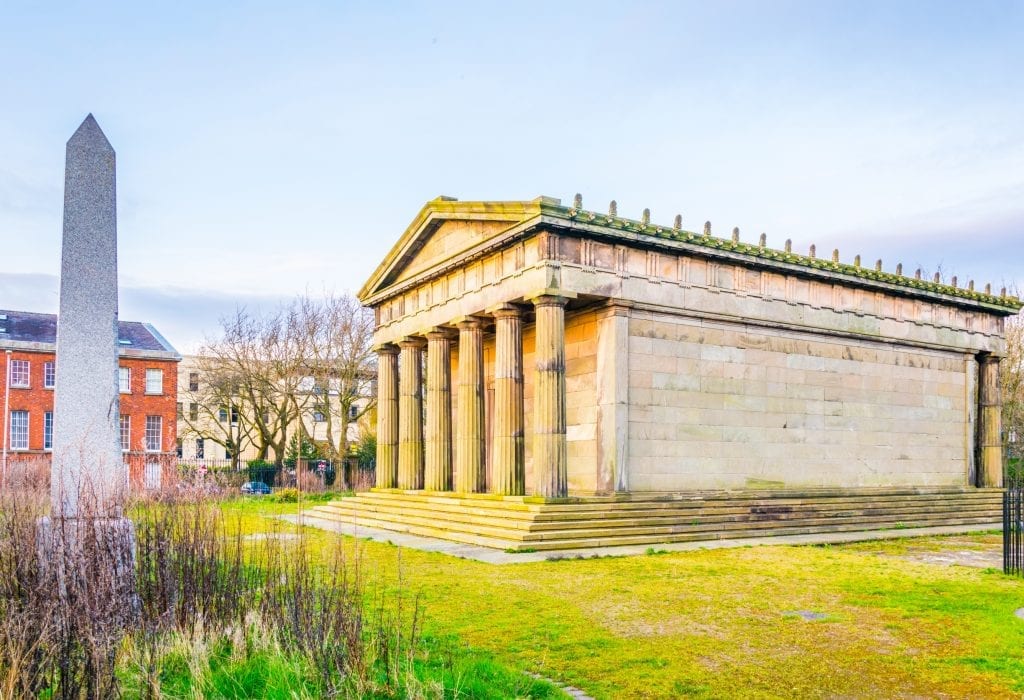
Located within the grounds of Liverpool Cathedral, The Oratory was constructed in 1829 and served as a venue for funeral services preceding burials in the nearby cemetery.
Following the closure of the cemetery, the building became abandoned until 1986 when it was entrusted to National Museums Liverpool, who used to house a collection of sculptures and statues.
The Oratory is currently closed to the public.
Town Hall
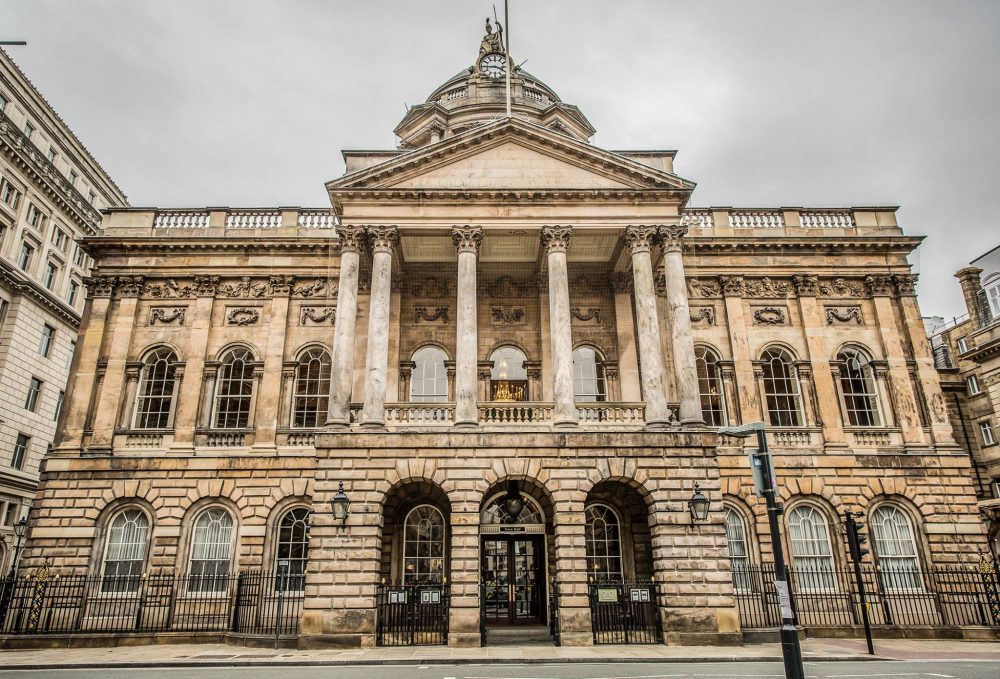
Liverpool’s Town Hall is an architectural gem, featuring an impressive neoclassical facade, ornate interiors, and a majestic clock tower that overlooks Castle Street.
Liverpool’s Town Hall, located in High Street, was constructed between 1749 and 1754 by John Wood the Elder in the Georgian style.
Toxteth Unitarian Chapel
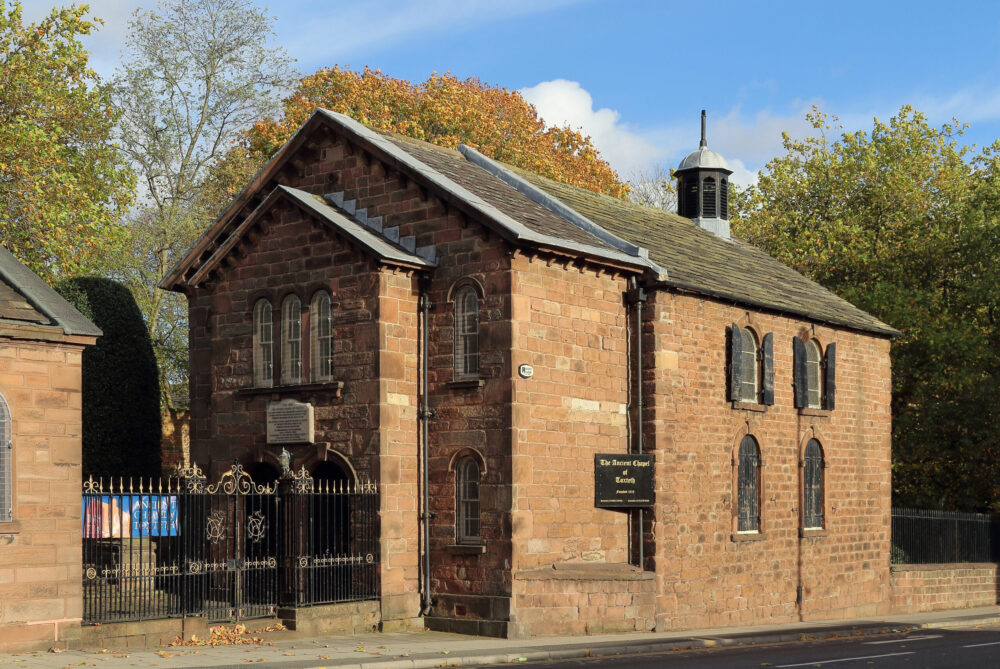
The Ancient Chapel of Toxteth in Liverpool, also known as Toxteth Unitarian Chapel, is one of the oldest non-conformist chapels in England, dating back to the 17th century.
Constructed in 1618, it served as a place of worship for Protestants.
Unitarian Chapel, Ullet Road
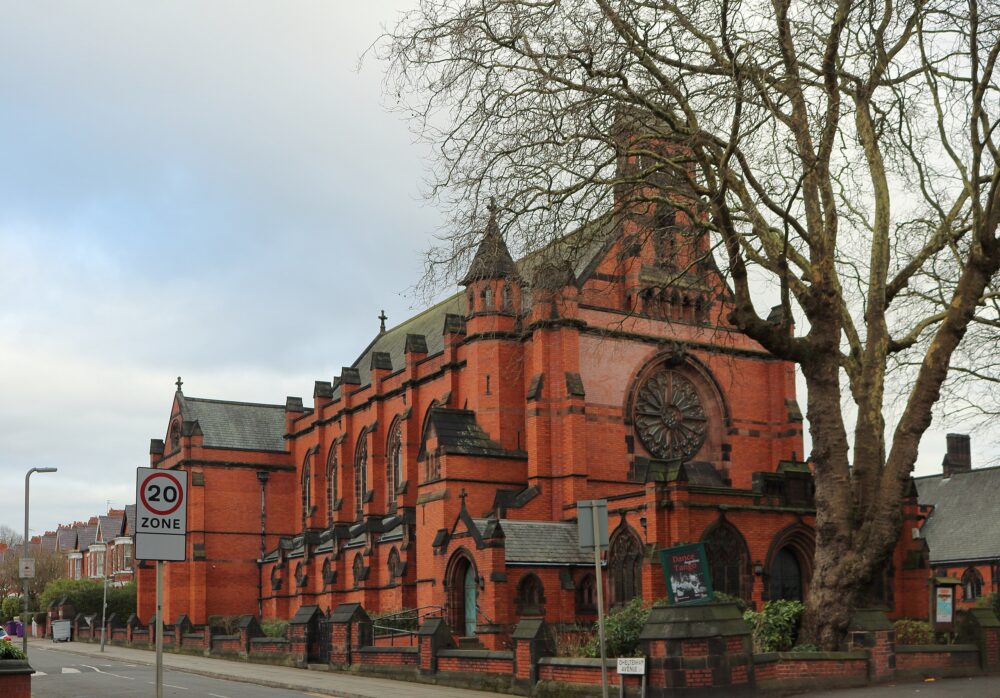
The Unitarian Chapel on Ullet Road in Liverpool, also known as Ullet Road Church, is a Grade I listed building constructed in 1896 by architect Percy Worthington. It is renowned for its stunning Gothic Revival architecture.
This historic chapel in Ullet Road was the first place of worship in the United Kingdom to register a civil partnership for a same-sex couple.
Adjacent to the Unitarian Chapel, the Unitarian Church Hall which is also a Grade I Listed Building. The charming Victorian building serves as a community hub for various events and gatherings.
Albert Dock
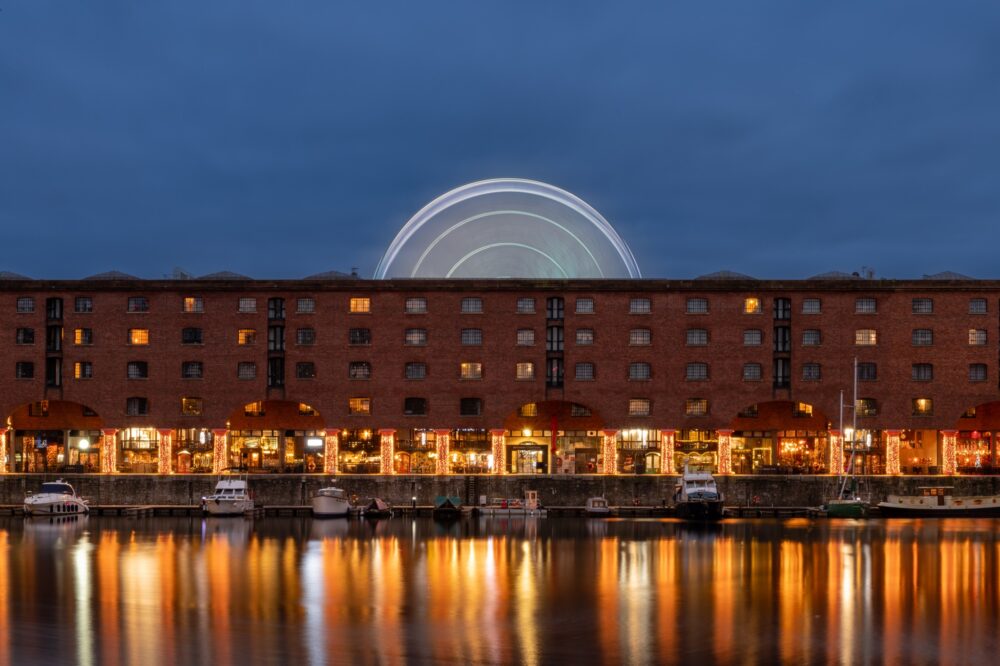
Royal Albert Dock is a collection of 5 Grade I Listed Buildings, known as warehouse A, B, C, D, and E.
The iconic waterfront location has undergone several transformations over the years, and now serves as a hub for museums, galleries, bars and restaurants.
Woolton Hall
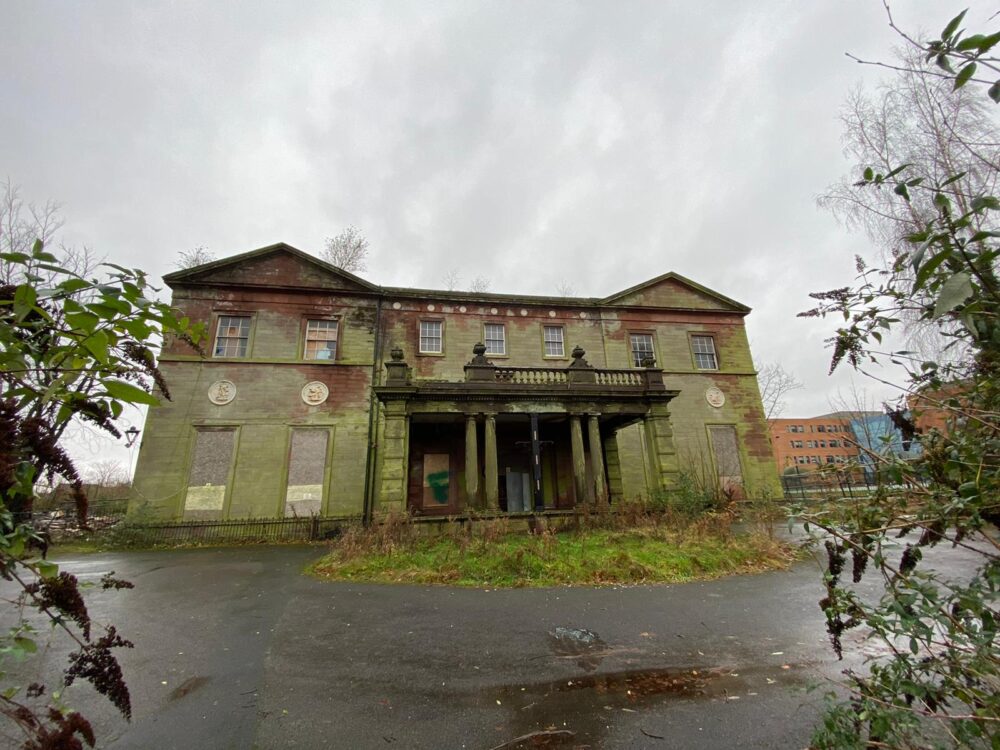
Nestled in the leafy suburb of Woolton, Woolton Hall is a magnificent Georgian mansion surrounded by picturesque gardens, offering visitors a glimpse into Liverpool’s aristocratic past.


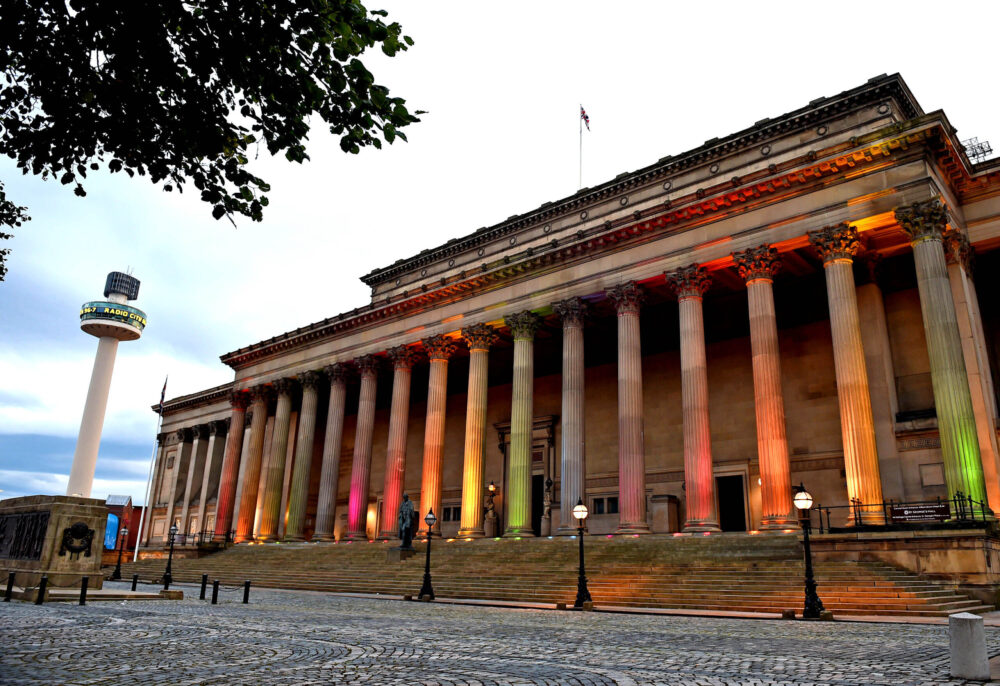




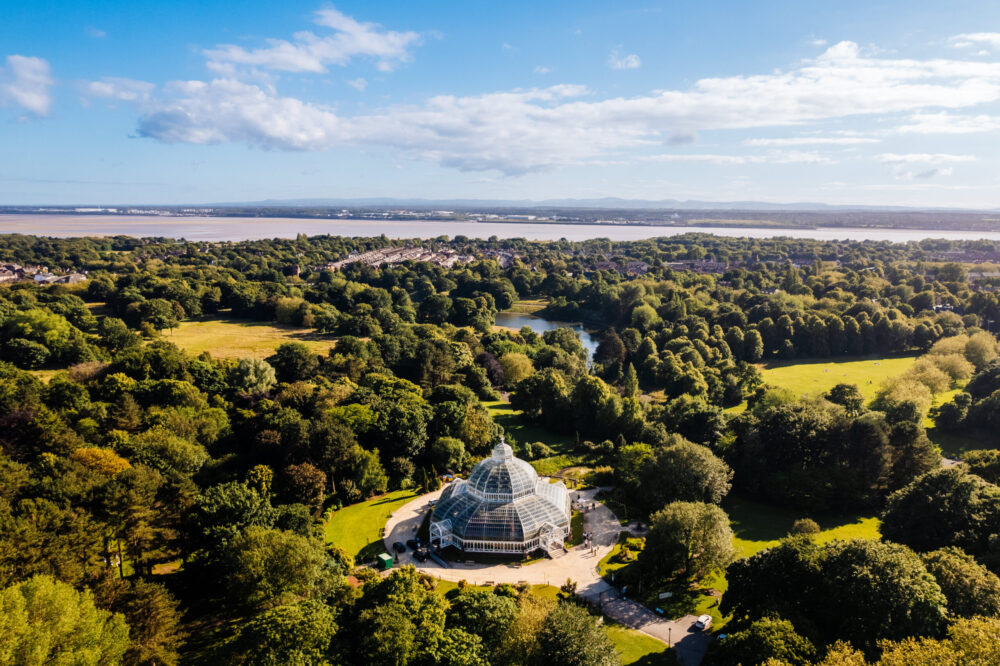

 Subscribe
Subscribe Follow Us
Follow Us Follow Us
Follow Us Follow Us
Follow Us Follow Us
Follow Us Follow Us
Follow Us











